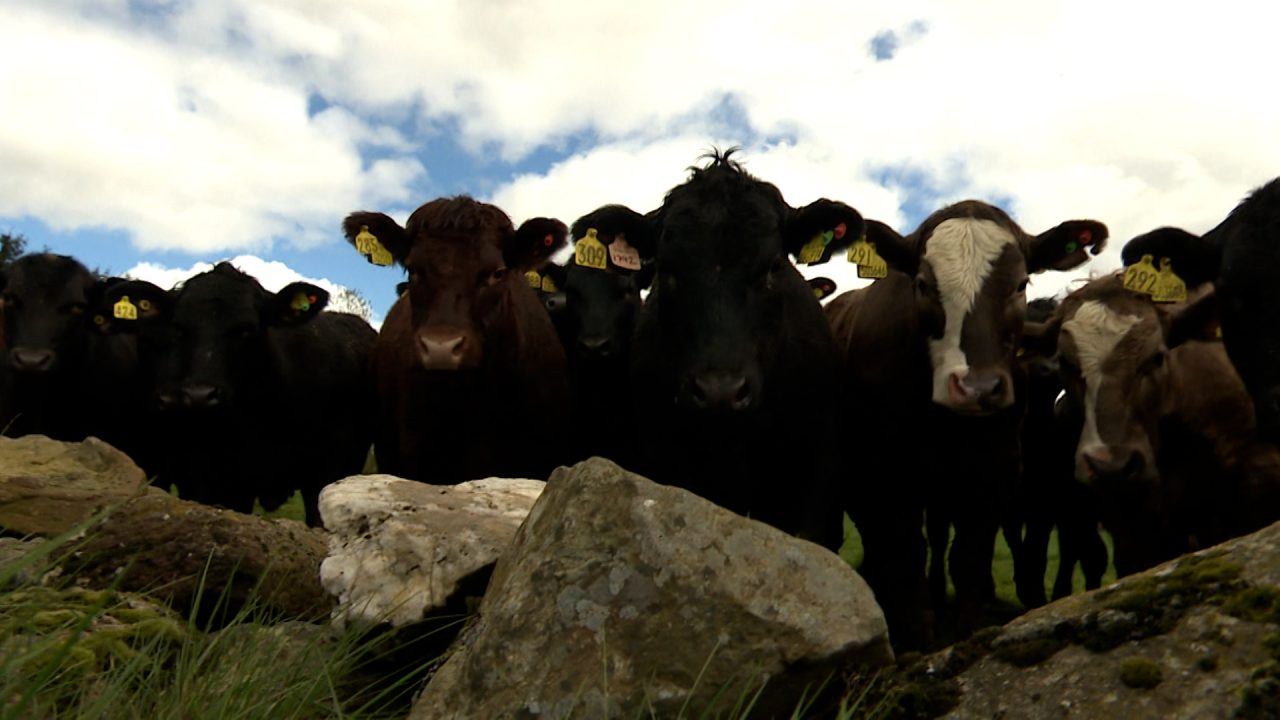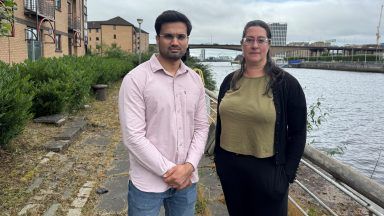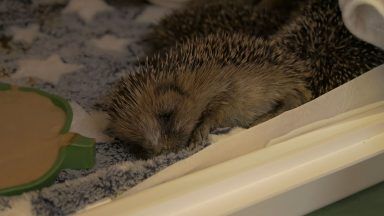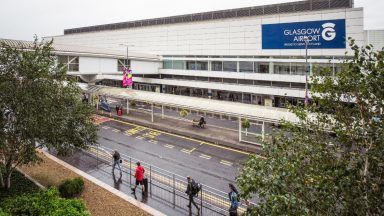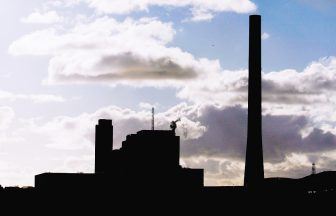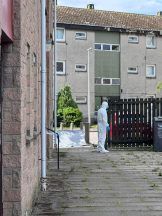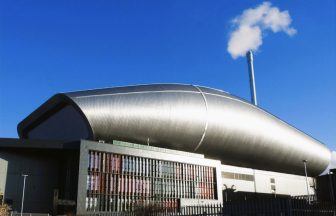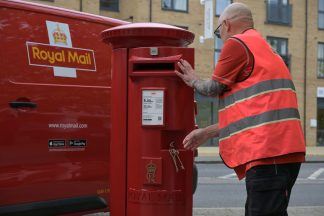Farmers and landowners say they have been left frustrated by the Scottish Government’s plans to reduce the country’s carbon output.
The government said last month it was scrapping its annual and 2030 targets for reducing greenhouse gas emissions.
Instead, it outlined a range of measures for farming and landowners to improve Scotland’s environment.
The Scottish Government says the agricultural sector is responsible for nearly 20% of Scotland’s total emissions.
That figure is 10% less than it was in the early 1990s, but ministers believe more can be done.
Proposals include carbon land taxes, feed supplements to reduce greenhouse gases from livestock, and land restoration.

But farmers say that ongoing work in the industry must be taken into consideration – and not at the expense of food production.
NFU Scotland Vice President Andrew Connon said: “I think it’s inappropriate that the sector is judged only on its emissions rather than also looking at its sequestration.
“That’s why we welcome the recent announcement to have a rethink on government targets; we need to speak about net zero rather than no emissions.
“We’ve been a hostage to a timescale. Just look around and you see the biodiversity; that has to be taken into account.”
Many farmers are sceptical about the plans.
A pilot trialling methane-supressing supplements – or food additives aimed at reducing the amount of greenhouse gases produced by cows – is one of the plans being brought forward.
Farmers say more research is needed before methane-suppressing supplements are routinely used on their cows and that the practicalities, such as how often they need to be fed throughout the day, must be considered.
“I feel like the suckler cow is first on the target list. We can’t be giving away land for restoration that’s prime for our cows,” said Alan Simpson, a cattle farmer in Aberdeenshire.
“Some of the additives being looked at could cost at least £75 per cow per year. That will be an even bigger black hole in my budget.”

The government is also launching a consultation into a new carbon land tax, which could see landowners incentivised to restore peatland, plant trees, and create renewable energy.
“I’d be a bit careful with that. We’re already working through a range of ways to incentivise better land management,” explained Eleanor Kay, senior policy adviser at Scottish Land & Estates.
“But it would be good to work with these further. We will actively engage in the consultation.”
More details on the proposals are expected in the coming months.
The Scottish Government said: “Agriculture has an important role to play in reducing Scotland’s greenhouse gas emissions.
“Agriculture and food production rely on natural processes and will therefore always cause some degree of greenhouse gas emissions; in particular, ruminant livestock will always emit some greenhouse gases.
“Therefore, a balance must be found to ensure greenhouse gas reductions can take place while Scotland continues to produce high quality and sustainable food.”
Follow STV News on WhatsApp
Scan the QR code on your mobile device for all the latest news from around the country


